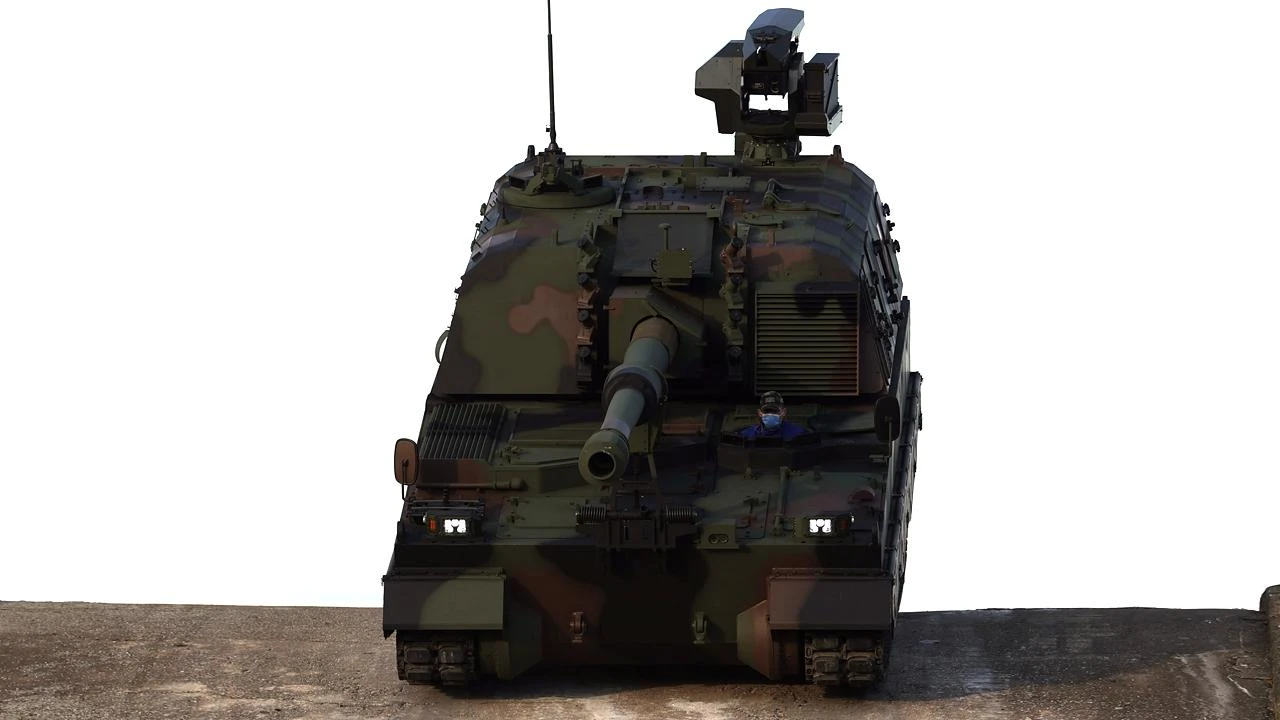First Iraq and then GMEI
Turkey stands to benefit greatly from the democratization and development of the Islamic world in general and its neighbors. While in the EU, trade between neighbors stands at around 50 percent, Turkey’s trade with its neighbors is about 5 percent of all its trade. A large immigration flood from these countries passes through our borders to reach the EU. Organized crime also follows the same path. Turkey adheres to international agreements banning the production of Weapons of Mass Destruction (WMD), while it is defenseless against its neighbors’ WMD. We continue to be a target of various terrorist organizations. In the context of the GMEI, Turkey needs to cooperate with the U.S. and other western countries.
The real issue is whether outside pressure and force can facilitate the generation of more democracy and economic development in a country. The strategy that is to be followed is being discussed in all western countries and it will be discussed during the NATO summit in Istanbul in June as well. However, there is a more urgent and important issue for Turkey. Developments in Iraq will determine to what extent Turkey will contribute to the GMEI.
When the U.S. returns the sovereignty of Iraq in June, it is understood that the instability and security issues will remain unsolved. The U.S. military, with its high technology, conquered Iraq in three weeks, even without the help of Turkey. However a few thousand guerrillas, remnants of the army of the old regime, prevented the establishment of stability. Al Qaeda type terrorism is inflicting worse casualties on the Iraqi people than on the U.S. army. Under these conditions, the U.S. cannot transfer the responsibility to the United Nations.
In short, Turkish worries centers on the eventual fate of the normalization process in Iraq. The "Law of Administration" approved by the Interim Governing Council of Iraq (the use of Transitional Constitution by the media to describe the law is a serious mistake) has not satisfied Turkey. In the unilateral declaration made by Iraq to become a member of the League of Nations in 1932, Turkmens status was equal with the Kurds. It is very unfortunate that the new law lowers the status of the Turkmens to the level designated by the decision made by the former Iraqi President Saddam Hussein’s Revolutionary Command Council in 1970.
The moderate stance taken by the Shiites was the biggest factor behind the approval of the law. However Ayatollah Ali Sistani is very unhappy about the privileges granted to the Kurds in the new law. He especially criticizes the granting of the right to veto in the law and says that his efforts until June 30 will be directed to rescind it. However, to rescind given rights is both very hard and dangerous.
The biggest danger after June 30 seems to be the possibility of a conflict between the Sunnis and the Kurds. It is interesting that the first precursors of this occurred in the Qameshli, Syria. The Sunnis in Iraq, who have ruled the country ever since it separated from the Ottoman Empire, are even more sensitive on the issue of territorial integrity than the Shiites. There could be violent clashes between the two groups in Kirkuk and Mosul.
The possibility of the U.S. military needing to leave Iraq, in other words their withdrawal, before completing the objective they set out to do after the U.S. presidential elections cannot be ignored. Under these conditions, Iraq might get bogged down in a civil war several times worse than the one took place in Lebanon, leading to dismemberment. This possibility may lead to the GMEI being wrecked even before it started. Then, the entire stability of the region will be threatened and the country with the second largest oil reserves will be left out of the world markets, resulting in a significant increase in world oil prices to a level that cannot be endured by the already weak world economy.



